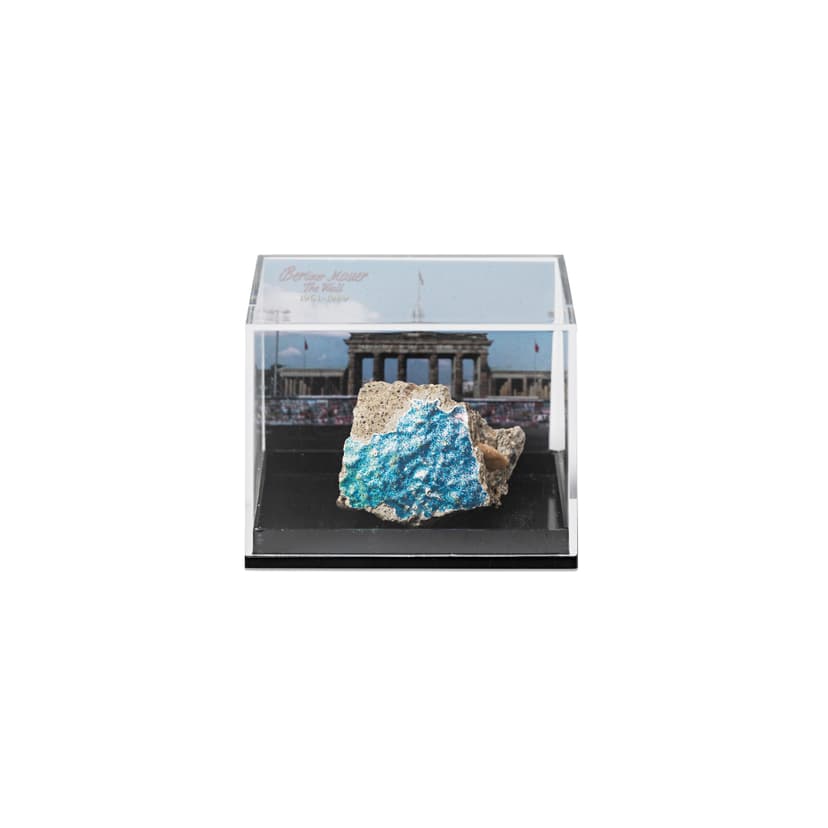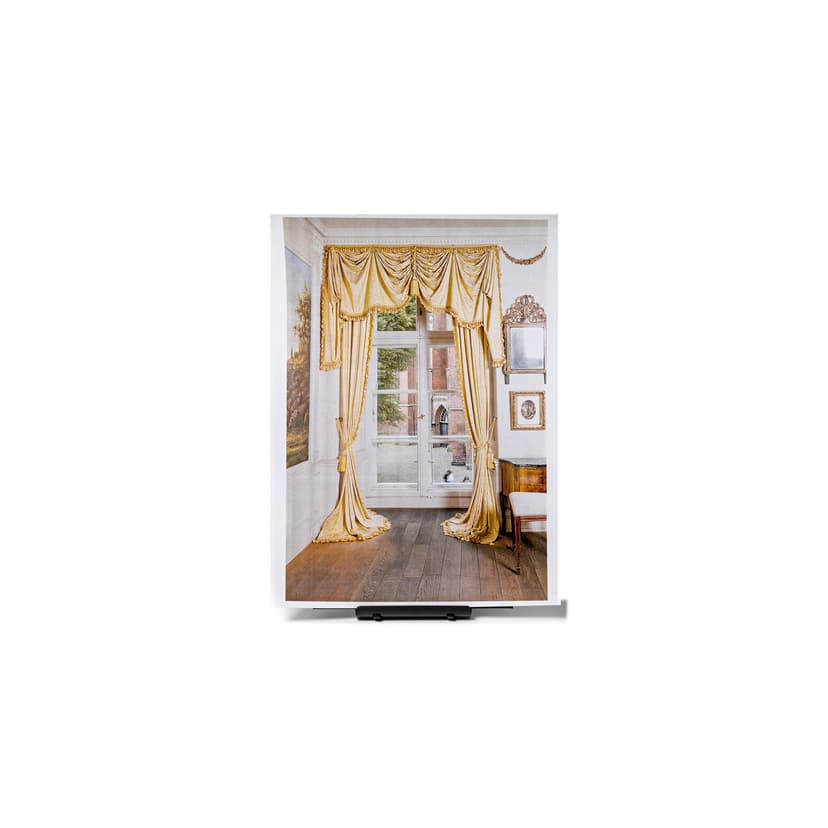Before I went to the USA for a school year in the mid-1980s, my mother took me to West Berlin. She wanted me to see the Wall. To be honest, I don't remember standing in front of it. But I do remember the train ride from Helmstedt through East Germany very clearly. The adults, like us from the West, were all cowering, terrified of the East German inspectors and border guards. Fear filled the compartment. That ended with the fall of the Wall in 1989.
There was no direct link between Willy Brandt's Ostpolitik and the fall of the Berlin Wall. But his policies set the ball rolling, bringing about long-term political changes that made the fall of the Wall possible two decades later. I can best describe his vision with one of my favorite Willy Brandt quotes: "Politics that doesn't try to make people's lives better can go to hell." This was aimed at the citizens of the GDR. And "better" here means politically self-determined, in peace and freedom—not in a dictatorship.
But it was precisely there, in a dictatorship, that people took to the streets since the fall of 1989. Because they wanted to live a life of political autonomy. That required a great deal of courage – and that courage ultimately brought down the Wall. I'm continually impressed by this; just a few months earlier, we saw in China that things could have ended differently, when the protest movement was bloodily suppressed in Beijing in June 1989.
That's why I also struggle with the concept of self-realization as a value. For me, political self-determination comes before individual self-realization. It represents the rights that belong to us as human beings: To name just a few points from the Universal Declaration of Human Rights, I can choose my place of residence and my work independently, I can freely belong to a religion, and I can vote freely and secretly.
The pieces of the Wall that we sell here at the Willy Brandt House remind me of this, but which I also remember from my time in Berlin, where I lived for a long time after 2001. In fact, these pieces of the Wall are still bought frequently today, more than three decades after the fall of the Wall. Perhaps our visitors simply think they look really cool. But perhaps they also see the pieces as mementos. Of the fact that life on one side of the Iron Curtain was not self-determined, that the state could arbitrarily reprimand and restrict you (and worse). The pieces of the Wall remind me that it takes courage to stand up for political self-determination, freedom, and justice—not for me as an individual, but for society as a whole.
Would I have the courage? I don't know. But I do know that political self-determination is under threat even in democracies. The most recent and, for me, most blatant example is the US Supreme Court's decision to overturn the Roe v. Wade ruling, thus invalidating the right to abortion. This is a direct interference by the state with women's right to self-determination. This example also shows that political self-determination is a privilege. And if we're not careful, this privilege will slip through our fingers.




